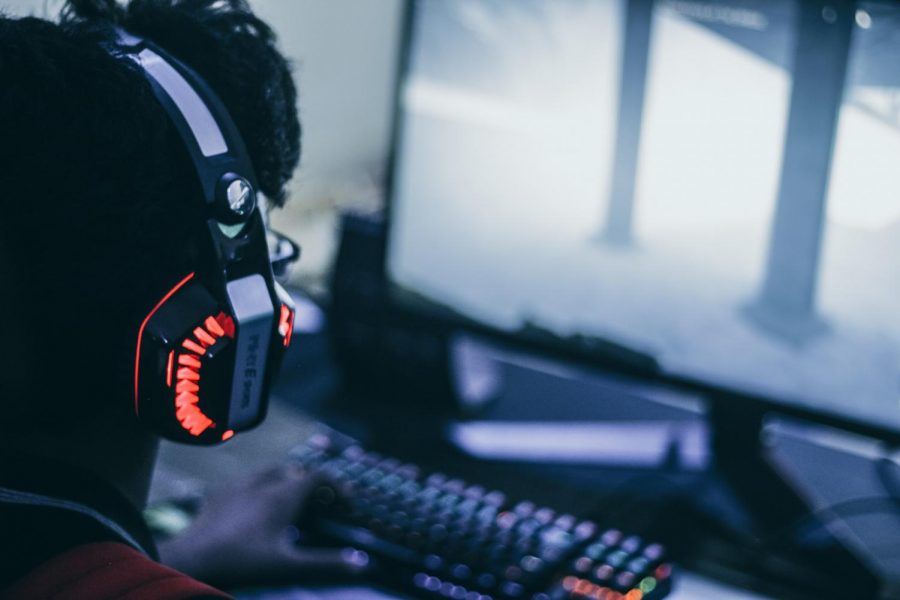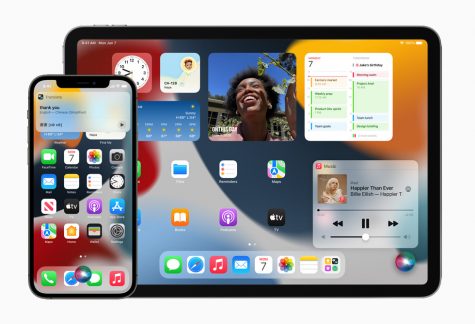China Announces New Video Gaming Restrictions for Adolescents
On September 1st of 2021, China announced that adolescents under 18 have restrictions on the amount of hours spent playing video games. China citizens who are under the age of 18 are limited to play 3 hours of video games on weekends, and about 1 hour on weekdays. According to the NPPA (China’s National Press Photographers Association), this rule was set in place during the beginning of the semester to “prevent the addiction to online games”, and to “Protect the healthy growth of minors”.
According to a report by Xinhua, a China state-run news agency, an unidentified representative mentioned that even parents agree with this rule being set in place. They believe teens’ addiction to video games has affected many things, such as grades, physical/mental health, and even social problems.
Research has shown that video gaming can potentially help teenagers. According to a study made by Nature.com, playing video games can enhance the number of visual items that can be understood. They state “When asked to report the number of squares briefly flashed, VGPs were able to apprehend more items at once than were NVGPs”. VGP (video game players) tend to be stronger in solving visual problems compared to NVGP’s (Non video game players), which according to Showmeimages is important because “Visual learners can remember 75% of what they see or read, so they take lots of notes. They have a good sense of direction because they can read maps…They often do well in class tests because they remember where the information is and can see it written down”, which are all very important and useful qualities to have.
However, spending too much time playing video games can still cause problems…from mental to physical issues. According to Addictive Behaviors Internet gaming disorder – ScienceDirect.com, “The Diagnostic Statistical Manual, Fifth Edition (DSM-5) of the American Psychiatric Association (APA) lists Internet Gaming Disorder (IGD) under conditions for further study. IGD is defined as experiencing at least five of the following nine criteria over a 12-month period: gaming preoccupation; withdrawal; tolerance; loss of interest in other activities; minimizing use; loss of relationship, educational, or career opportunities; gaming to escape or relieve anxiety, guilt or other negative mood states; failure to control; and continued gaming despite psychosocial problems” These are all very unhealthy, especially for adolescents.
Not too long ago, the Chinese government put in a registration system that required people who played computer games to do so under their real names. The China government requires gaming companies to ask for the adolescent’s real name before being able to open the video game. The NPPA also stated that “online game enterprises shall not provide game services in any form … to users who have not registered or logged in with their real names.” Chinese social media has been flooding with questions and statements regarding how absurd they think this is. Statements such as “This policy presumes that gaming is bad”, which was written on Weibo, according to cnn.com. They wonder if this will have any effect on China’s place in the world’s competitive gaming.
Students in the U.S have reason to be concerned about whether this will later apply to them or not. It’s pretty rare for something like this to occur in America, due to freedom of expression, but there have previously been games that were banned in the US. For the most part, the games that were banned in the U.S were banned for the simple fact that they may be too inappropriate for adolescents, not because adolescents spent too much time on them. Games such as Thrill Kill, Death Race, and Too Human & X-Men: Destiny. These games were all banned due to the fact that they are too lifelike, or insanely violent. Considering this, many other games could eventually get banned as well. Games such as GTA (Grand Theft Auto) are banned in Thailand, Venezuela, Pakistan, South Africa and Argentina, which is a game that MANY people in America play. If that were to eventually get banned, it would result in many upset teens, and even adults.
China banning video games has caused a lot of upset adolescents and more questions have arisen. In the future, other countries may consider limiting video games as well. If limiting video games in China causes adolescents to do better mentally and in school, other countries may follow China’s lead by not allowing students to play more than 3 hours of video games a week. They could even make it so adolescents can only play video games on weekends!
How will this ban affect China’s youth? Stay tuned – we are sure to find out soon!












